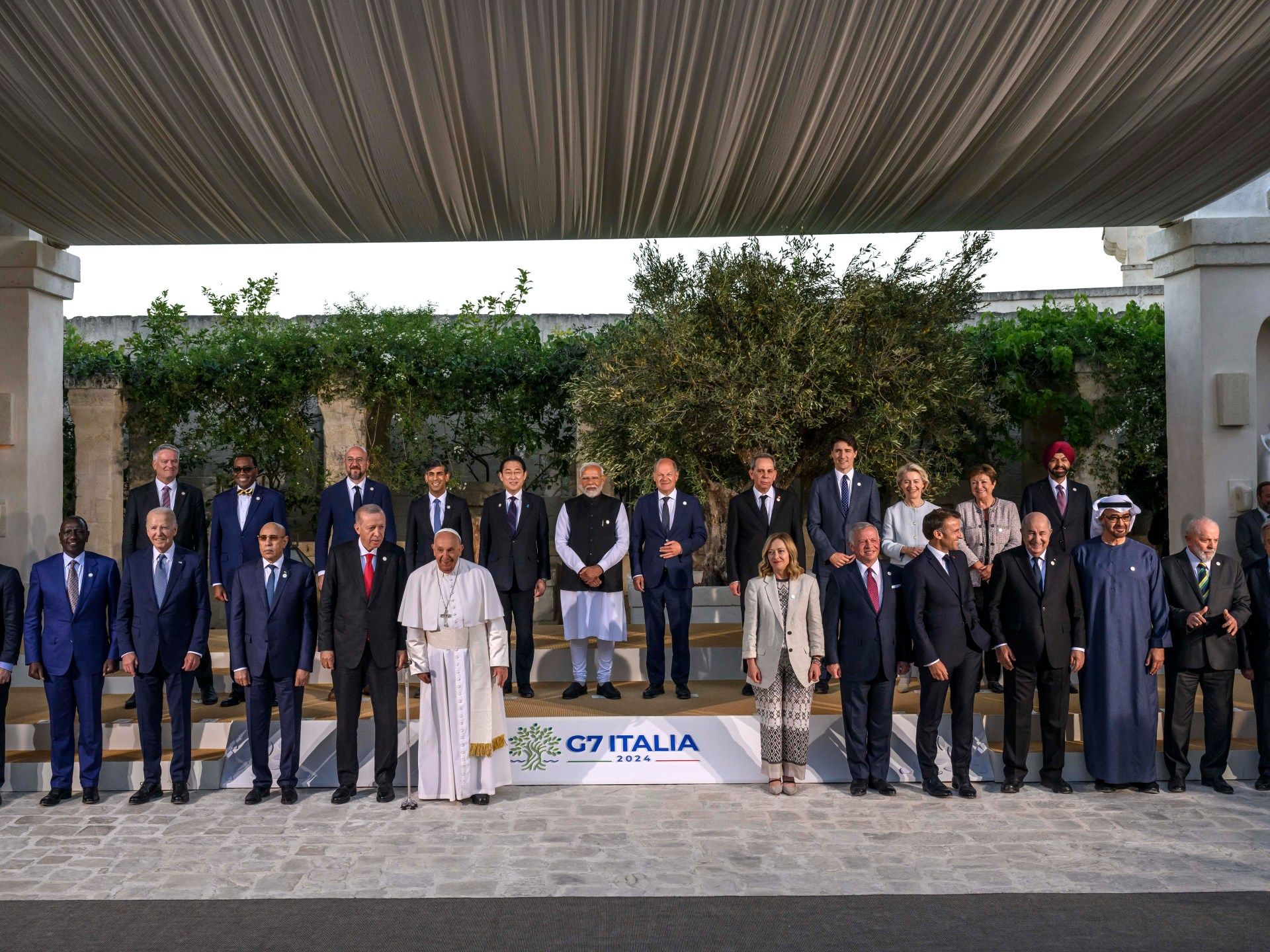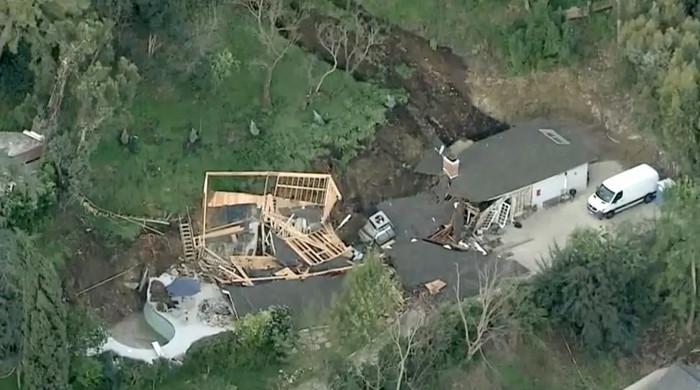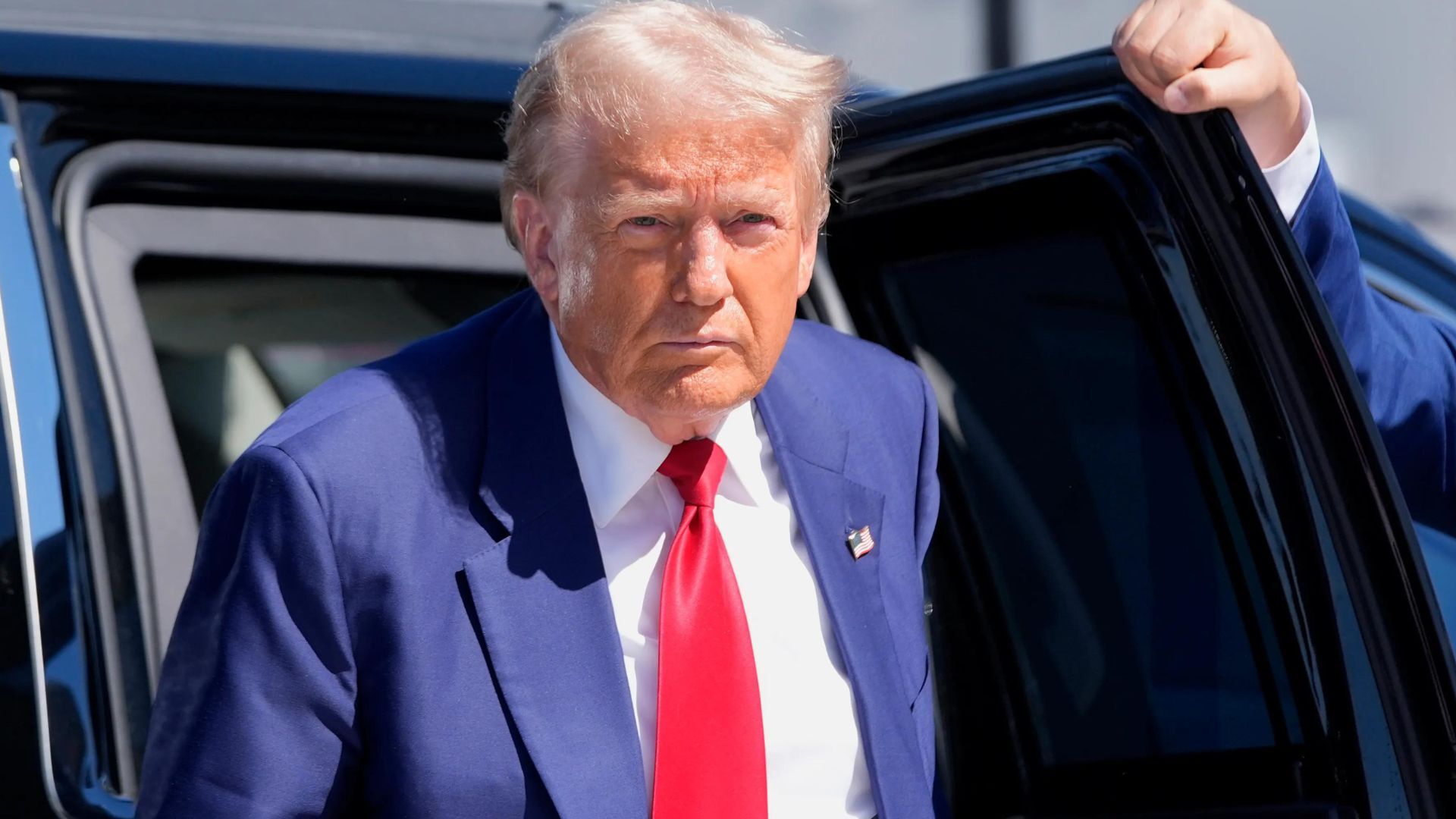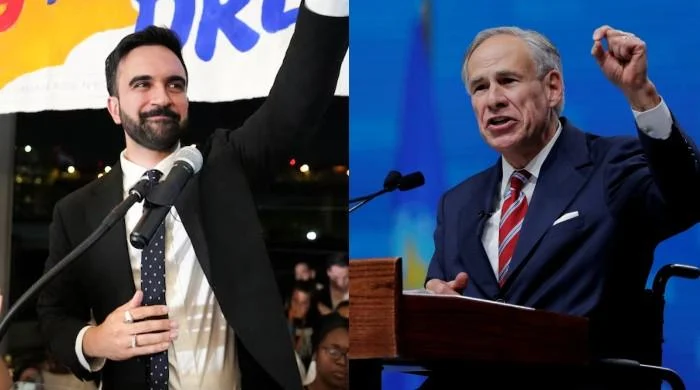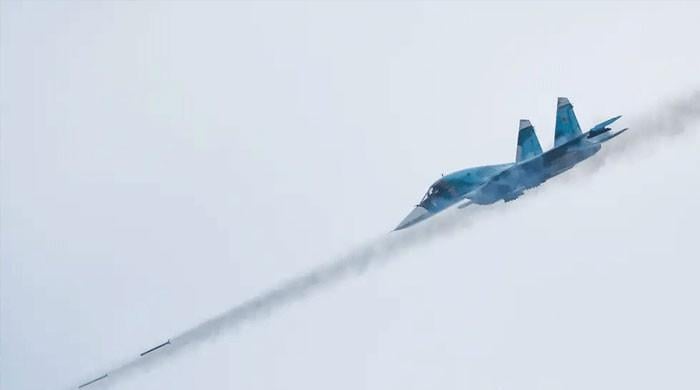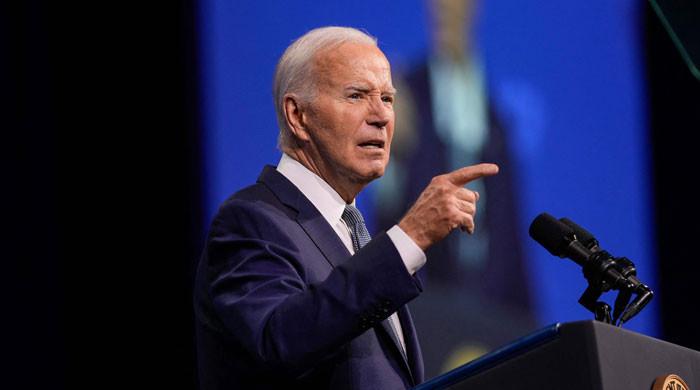Fasano, Italy – This year's G7 summit had the makings of a fragile club, but one that still manages to put up a good fight when it comes to protecting Western interests.
On Saturday, leaders of what were once the world's richest countries wrapped up the three-day G7 summit at Borgo Egnazia, a luxury resort nestled in the hills of southern Italy's Puglia region. But the group's authority in global politics was overshadowed by the internal problems of most of its members.
French President Emmanuel Macron's party took such a hit in elections to the European Union Parliament last week that it called early elections. In Germany, Chancellor Olaf Scholtz's Social Democratic Party also suffered in the EU elections to the point that its critics have called on it to follow Macron's lead. UK Prime Minister Rishi Sunak is already heading to the polls in early July for an election that most believe will mark the end of his government, with a landslide victory for the opposition Labor party, while the Canadian Prime Minister Justine Trudeau's approval rating has plummeted. to a dismal 38 percent. And in Japan, Prime Minister Fumio Kishida's party has been mired in political crisis since last year, with some calling the leader Japan's most unpopular prime minister since 1947.
Above all, the specter of the US presidential election in November has loomed large at this G7 summit, with the prospect of a return of Donald Trump, a former president openly skeptical of Washington's multilateral agreements.
However, despite the internal challenges faced by G7 leaders, the group managed to convey a strong message of unity in addressing threats they see as undermining Western stability. Most significant was Thursday's announcement that it will tap frozen Russian assets to provide a $50 billion loan to Ukraine to support its efforts in the continuing war with Russia.
“The G7 projected an image of weakness and failed political authority,” said Ettore Greco, deputy director of the Affari Internazionali Institute. “But they did very well on important files like Ukraine, Gaza and China, something that indicates a clear convergence between them and sends a message of unity.”
The number one target was Russian President Vladimir Putin. In addition to the $50 billion loan to Ukraine, a day before the G7 summit began, the United States announced a robust new round of sanctions against Russian entities and individuals. On the sidelines of the event, US President Joe Biden and Ukrainian President Volodymyr Zelenskyy signed a historic 10-year security pact, while a similar agreement was signed between Ukraine and Japan.
The thorny question of how to address growing global economic competition from China has also seen European allies reach out to the United States, which has traditionally taken a more confrontational line toward Beijing than they have. In an unprecedented move this week, the European Union hit China with tariffs of up to nearly 50 percent on Chinese electric vehicles, marking a major shift in its trade policy. The United States did the same in May.
Demonstrating their unity on this issue, G7 leaders expressed concern about “China's persistent industrial attacks and its comprehensive non-market policies and practices that are causing global spillovers, market distortions and harmful overcapacity in an ever-widening range of sectors, undermining our workers. industries, and economic resilience and security” in a final declaration issued by all G7 governments at the end of the summit.
One issue on which the G7 seems less united is abortion. The word “abortion” does not appear in this year's final statement, a likely victory for Meloni's far-right party, which opposes it. By contrast, the final declaration from last year's summit in Japan specifically called for “access to safe and legal abortion.” This year, the final declaration mentions only “comprehensive sexual and reproductive health and rights for all.”

Stripping away the 'elitist' veneer
And, while the club managed to unite around shared concerns, it was less obvious whether it managed to shed its elitist image and become more inclusive of other countries, particularly those in the Global South, one of the key stated goals of this year's summit. .
Hosting the summit, Italian Prime Minister Giorgia Meloni invited a large number of guests, including heads of state from India, Turkey, Brazil and the United Arab Emirates. Even Pope Francis made an appearance, a first for a pontiff. In part, these invitations reflected Meloni's political ambitions in Africa and the Mediterranean, but they were also designed to broaden the reach of the club, often accused of being too Western and exclusionary.
On Meloni's mind, as well as the other G7 members, is the knowledge that the group cannot address global problems or confront threats from China and Russia simply by talking to each other.
However, the question remains; How attractive is the G7 to foreigners today? Questions about the group's legitimacy are not new. The G7 used to represent 70 percent of the world's gross domestic product (GDP) – a figure that has now fallen to just 40 – and represents a tenth of the world's population. In a sign that global power dynamics are changing dramatically, other global groups are growing. The BRICS countries – which include India, Russia and China – have doubled their membership from five to 10 in January this year.
Furthermore, protectionist policies and sanctions – two key elements that brought unity among G7 members at this summit – are a major source of pain for others.
“One of the reasons why many countries are watching instead of acting is because many of these Western nations are taking measures that harm their economies,” said Fredrik Erixon, an economist and director of the European Center for International Political Economy. “None of these Western leaders have the ability to say 'We want to open our economy with them,' and that makes it difficult for other countries to support Western geopolitical goals.”
The war in Gaza has deepened the division. Western nations have been accused of applying double standards in their unwavering support for Ukraine, compared to their much softer stance on Israel's conduct in the besieged strip where more than 37,000 Palestinians have been killed in eight months.
In its final statement, the G7 endorsed a ceasefire plan outlined by Biden, once again underlining the group's support for a two-state solution, including recognition of a Palestinian state “at the appropriate time.”
The statement said Israel “must fulfill its obligation under international law” and “refrain from” launching an offensive on the southern Gaza city of Rafah. However, he stopped short of condemning Israel for its conduct during this war, which is currently being investigated by the International Court of Justice – the world's highest court – in a genocide case brought by South Africa against Israel. There have been reports that Canada and France pushed for stricter language on Israel's actions in Gaza, but the United States and Germany opposed it.
“For many countries around the world, the failure of the G7 to take a stronger stance on the war in Gaza represents the starkest example of Western duplicity,” said EU security expert Rafael Loss. the European Council on Foreign Relations.

